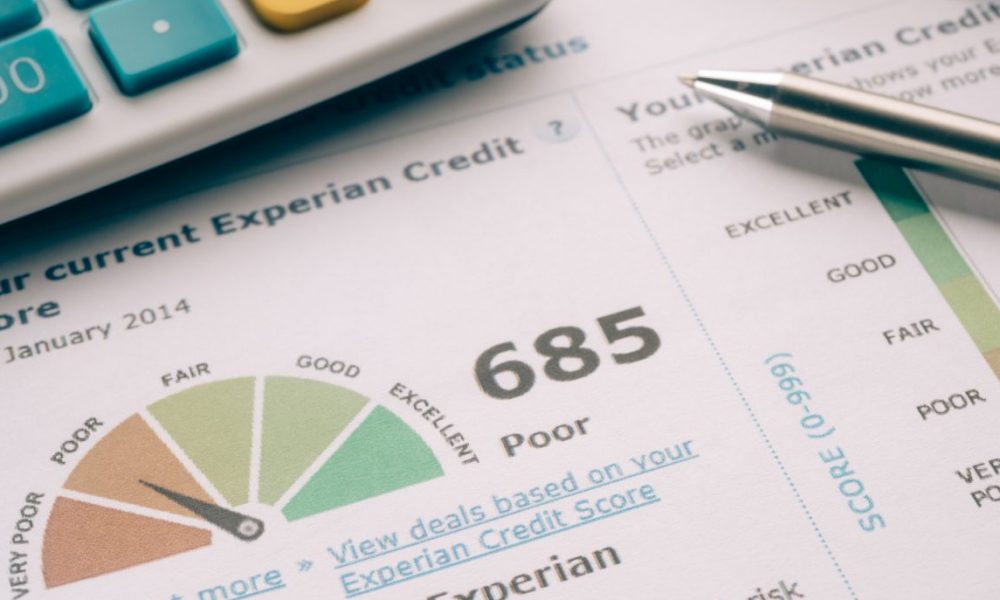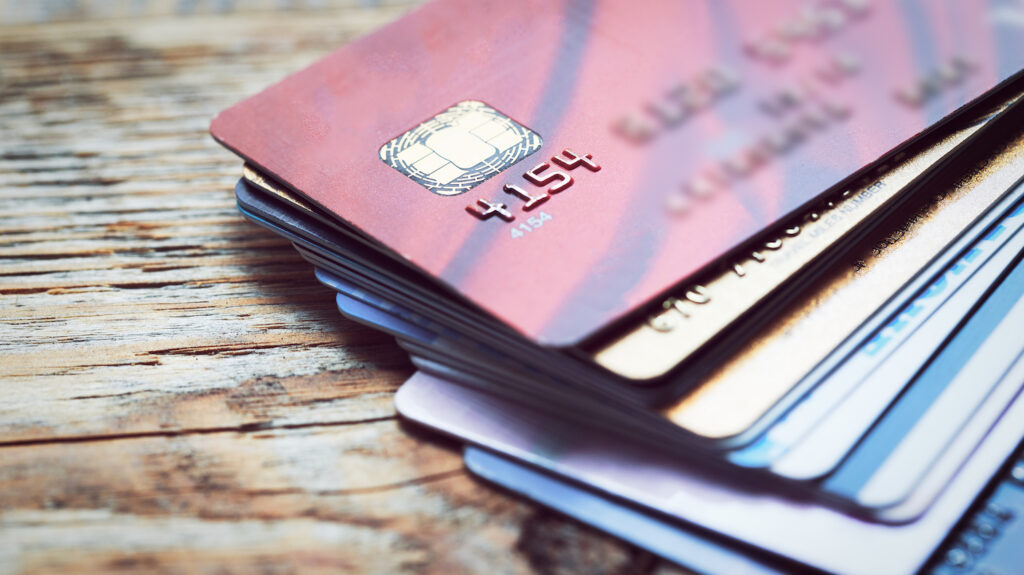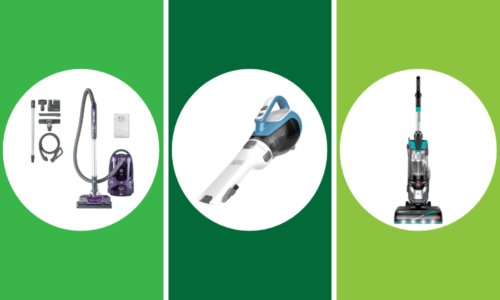Several factors determine what your credit score looks like when you access your credit report, but you might be surprised to learn that a number of difficulties and mishaps don’t have any impact on those digits. Learning about what affects your credit score — along with some things that surprisingly don’t have any effect on it — could help alleviate some stress about this important number.
What Affects Your Credit Score?
There are five primary factors that determine your score, which is typically somewhere between 300 and 850.
- Your payment history is the most significant determinant. For the FICO Score, which is the credit score used by most lenders, whether you pay back your debts and do so on time makes up 35% of your total number.
- Amounts you owe come next. Your credit usage — and the ratio of how much credit you’ve used vs. how much you have available to you on a particular line of credit — counts toward 30% of your credit score.
- The length of your credit history is the third determining factor. How long you have had credit, determined by the average age of all of your accounts, makes up 15% of your FICO Score. The longer your credit history, the higher your score.
- Your credit mix makes up 10% of your overall score. This means that lenders prefer you to have a diverse variety of credit accounts, such as an auto loan, credit card and mortgage.
- Tying with the credit mix, new credit affects your number as 10% of your total credit score. Too many new accounts can chip away at your score because there’s a “hard inquiry” into your credit every time you apply for a new line of credit. And hard inquiries ding your credit.
Common Setbacks That Don’t Harm Your Score
Finding out what affects your credit score might feel a bit overwhelming. The good news is there are a number of things that might seem like they will have an impact, but actually won’t change your score one way or the other.
Rent Payments
Paying rent, whether on time or late, does not appear on your credit report and it doesn’t affect your credit score. The credit bureaus don’t consider landlords or property management companies to be creditors. This means they don’t report your payment history, evictions or other negative activities, such as bounced checks or broken leases. However, if you don’t pay money owed to a landlord, it could result in a collection account on your credit report, which does have a negative impact.
Overdrafts Of Your Bank Account
Because your bank account contains your own money (not money you’ve borrowed), even overdrafts of your account will not impact your credit score, provided you resolve them quickly. However, what affects your credit score might be an outstanding overdraft amount that is ultimately sent to a collections agency.
Utility Bills
Even if you’re late on paying your utility or cell phone bills, your credit score won’t be affected unless your bills are sent to a collections agency. There are other consequences to unpaid utility bills, however, such as late fees and the possibility that your service will be terminated.
Checking Your Credit Score
You may check your own credit score as often as you like (there are even several ways to access it free of charge) and it will not change your credit score at all. On the other hand, if a potential lender performs a “hard inquiry,” it could reduce your score by five points. (“Soft” inquiries, which are generally for pre-approval, do not.)
Your Salary
Your annual salary, hourly wage or take-home pay will not appear on your credit report. Income is not a factor for credit scoring and wealth metrics are not used by the credit bureaus. Because of this, your debt-to-income ratio and net worth don’t impact your credit score either.
Child Or Spousal Support Payments
If you are making child or spousal support payments, they will not appear as debts on your credit report. However, if you fall behind or stop making these payments, the agency or municipality collecting the debt can report it to the credit bureaus. If this happens, the debt will appear as a delinquent tradeline on your credit report.
Credit Counseling
Credit counseling is an option many consumers choose when they are trying to get out of debt. Enlisting a credit counselor will not appear on your credit report or affect it in any way. It is important to note that a credit counselor might advise you to take steps that will initially decrease your credit score, but as time goes on, improving your financial situation should resolve this and ideally result in a higher score than you had before.
Medical Bills
Should you find yourself paying off hospital or other large medical bills, they won’t appear on your credit report as long as you are in good standing and making regular payments. Even if you fall behind, the credit bureaus have to wait 180 days before listing delinquent medical debts on your credit report after receiving notification. This time is a grace period that allows providers and insurers to resolve the bill before it is considered past due.
Government Assistance
Receiving any type of government assistance, such as Food Stamps (SNAP Food Benefits), Welfare or Temporary Assistance for Needy Families (TANF) has no bearing on your credit report. Similarly, filing for unemployment insurance benefits will not cause your credit score to change in any manner.
Tax Bills
A tax bill with the IRS is not the type of debt that credit bureaus list on your credit report. Even if the government files a Notice of Federal Tax Lien against you, this information won’t appear on your credit report or lower your score.
There are many myths about what affects your credit score, but you can rest easier knowing that these issues won’t damage your credit.











